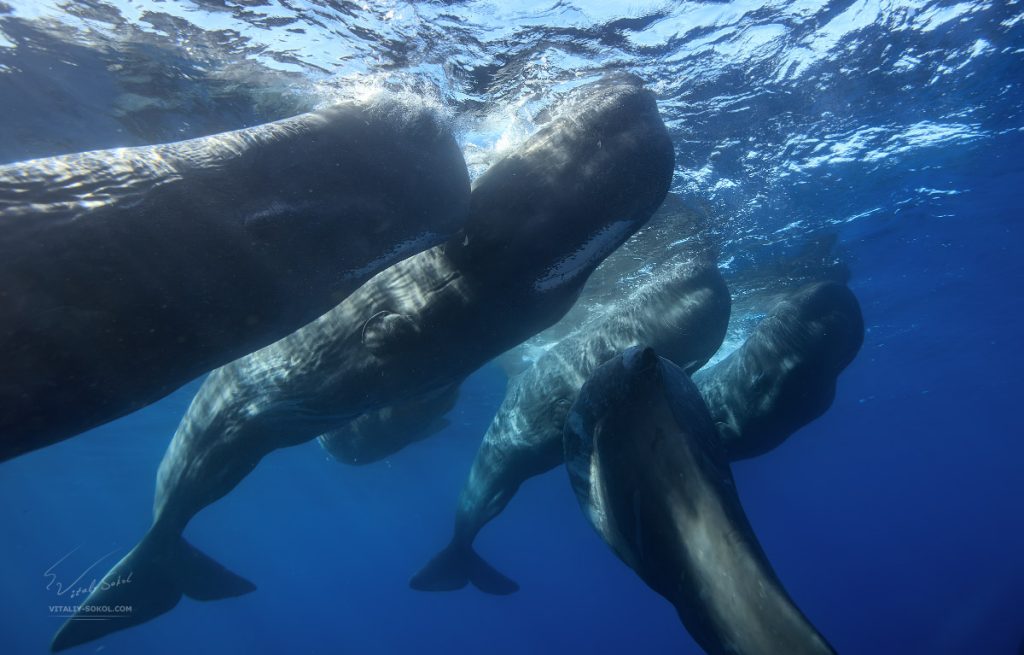Environmental and political stories from the UK in recent times
The Skywalker Gibbon has been found living in Myanmar – more than doubles its population

The Skywalker gibbon was only first described in 2017. At that time it was thought that only 150 of this rare species of Hoolock gibbon existed (there are 3 species of Hoolock gibbon, the eastern western and skywalker gibbon).
In a recent discovery, Skywalker gibbons have been found in areas of Northeastern Myanmar, where they have found around 44 groups of this primate. Given that the 150 was thought to be made up of 11 solitary and 32 groups, we can say that roughly speaking a group consists of 4 individuals. If that is true, then this incredibly rare species, has just had its numbers expanded by 133.3% in one go. What is more, is that this part of Myanmar has many other species of gibbon, and it is quite possible that there are more skywalker gibbons as yet unidentified.
This also expands its range beyond the forests of China, well into Myanmar.
It should be noted that this new community lives in forests that have threats of their own.
Oddly, despite gibbons habits of singing loudly at the start of the day, it is only recently that acoustic surveys were used for the Skywalker gibbon. There are 20 wild species of gibbon, and their songs are usually easy to tell apart. This yielded this huge increase in the population of the Skywalker gibbon.
It would appear that the new home of the Skywalker gibbon is little more secure than the old one, suggesting a bigger fight to protect the area which it lives in.
Electric cars roundup: recent news
The critically endangered Regent honeyeater may have new hope
This critically endangered species of honeyeater has a renewed hope of survival. They have become so rare, that the juveniles have started mimicking other bird species, because they hear the sounds of their own species so rarely.
The new speck of hope comes from the fact that captive birds have bred after being released.
There are an estimated 2200 species in Australia which are in some way endangered. This species is endangered for the same reason that many of these are – loss of habitat. Agricultural land, forest clearing, logging and the expansion of coal seam gas drilling was predicted to wipe out this bird, but thankfully they have survived.
Around 140 birds have been released to help bolster the population and have been shown to have bred with wild birds. With just 300 wild birds left, every extra breeding bird can make a large difference.
Sperm whales make direction decisions democratically
Researchers have found that sperm whales decide on which way to turn democratically. While these whales only socialize with members of their own clan. You might think that this might restrict them, but generally clans have 20,000 females, making these groups huge (one of the distinguishing marks of the clan is by vocal dialects – which may end up as symbolic markers of the clan identity).
When travelling in a group they can take over 1 hour to decide which way to turn. These groups can be extremely large, and yet decide things together. Decisions like direction and speed of travel and also when to feed. While it is not clear how they reach consensus or how they “speak” to each other, it is clear that decisions are made together.
How do animals like beavers and otters stay clean underwater (and benefit their environment at the same time)

Anyone who has removed a branch or similar from a pond, will remember the incredible quantity of weed that will have wrapped around it. Any surface which lies underwater, tends to accumulate variety of things which makes it “grimy”. From dirt to algae and even bacteria, the process is called fouling.
However, animals like otters and beavers do not have to spend large amounts of time removing these substances from their fur – Why? This ability comes in part from the fur itself, where each hair can bend and flex as the animal moves, and a recent study showed that this ability to move allows the accumulation of dirt to be less than half of that when the hair is held steady at both ends (or for instance in hair that does not sway). This is a big issue in places such as boat, and people are working on ways to stop this.
It is fascinating the way that so many human processes take their inspiration from the natural world.
Beaver dams create barriers which allow all these bad substances to be removed. Dams block large quantities of soil, manure, slurry and fertilisers from rivers and streams, The stationary water allows substances like fertilizers and other chemical substances to sink to the bottom and be removed from the river ecosystem. Both the European beaver and the American beaver have the same impact on their water environment. While otters do not have the same dam making ability, they do have cleaning impacts on their environments as well.
It is well known, that while otters and beavers are often not the first species to return after a river is polluted, they can accelerate the process.
Ford has made clear its aim to take on Tesla and BYD by launching cheap electric cars
Is this news to anyone? It is known that the car industry is in a race to move to electric. Given the vast saving for the end line consumer, the huge reduction in pollution, and the fact that many countries have already set dates where combustion engine car sales will be banned, surely the response to this news is ” why have you not made this move before?

What is clear, is that ford is developing a smaller and cheaper EV platform. Well this is great, but everyone is trying to create small affordable electric cars.
Now, how many of these small cars is ford aiming to sell? Currently, ford makes a $28,000 loss on each electric cars. Which means that they need to bring this down, or 2 million electric cars sold my ford would cause a huge loss.
Tesla is making progress on their own cheap model – the so called tesla model 2. This is aimed to hit the target of $25,000, or around £18,000, and they are expecting to make millions of this model, which does not seem unreasonable.
We need to remember, that while we look on ford as an old car company (and they are) at the current moment, they are not bigger than tesla. So in 2023 tesla sold 1.81 million vehicles, all electric, while ford sold 1.99 million, however only 72,000 of these were electric. If in the future, only electric cars count, then perhaps we should already be looking at ford as the minnow in a pond with a huge shark that is tesla. If we look at profit, this might make this clearer, Ford made profits of $4.3 billion, while Tesla made profits of 15 billion.
So, is Ford a tiny electric car maker, or not? Is it going to become one of the most profitable electric car makers, or is it going to become a small car maker? Time will tell, however, the problem is that the 2 million small electric cars that ford says its is targeting, is also the same number that Tesla is going to be targeting. Can the world demand sustain 2 million from each? Possibly, in the future, but Ford may well find that diving into the pond of small Electric cars is a hard place to make money, and finding enough demand for 2 million electric cars may well prove to be the harder part of the transition.
Time will tell, but they certainly have their work cut out for them.
Sperm whales can take over an hour to decide together which way to go

Generally, only spending time with their clan (numbering around 20,000), it seems that decisions about where to go, are made cooperatively in a democratic way.
Taking up to an hour to make the decision about the direction of travel, they can often travel in large groups making communal decisions about destination, route and speed, as well as when to feed and what to do about predators.
Some of these clans live over large areas, split by as much as thousands of kilometres, and it is thought to be akin to language forming in humans. Interestingly, these clans can share areas of the sea, but will only spend time with other members of their clan. Social units within clans, are based around the females, with each unit consisting of around 10 females with their offspring. These become very close, with other females babysitting young while their mothers make deep dives to feed – even suckling is done as a group.
The sperm whale has a brain which is thought to be larger than any other animal to ever live.
Over a million were killed for their very pure oil, between 1712 and 1982. There are thought to be around 300,000 in the worlds oceans, however, before whaling it is thought that there were 1.1 million.
Rishi Sunak continuing to face pressure over plans to max out North Sea Oil
I wrote a month ago, about Rishi Sunak and the foolish plans of the UK government to try to max out oil production from the North Sea. The governments argument was that it would help bring down costs for UK people.

Unfortunately, this argument bares no water, as the extracted fossil fuels would be sold on the open market, and there would be no discount at all in the UK. As such, this will do nothing to help the UK people save money, merely give some fossil fuel companies some money, and potentially some tax revenue for the UK government, though whether this is worth the costs that will have to be paid is the future is being questioned increasingly loudly.
What is unfortunately clear, is that the things that are going to be best for the UK public is additional insulation in houses, and renewable energy. Unfortunately these are two projects which the government is increasingly eager to turn its back on.
The green housing grants, during Covid, were aimed at improving the housing stock of the UK, and it did, but only for around 1% of the houses that need to be dealt with. Furthermore, this was really a boost for the building firms, rather than the green housing grants in particular – they charged as much as possible, and the work did not really continue after the end of the period in question.
Why politicians keep spouting information that is so easily destroyed is hard to understand. It seems hard to believe that a man with the amount of money that Rishi Sunak and his wife has, would be influenced by the performance of his investment, however, given where we are going, I would argue that investing in fossil fuel extraction is a foolish move – whether in the next decade or further ahead, the fossil fuel industry must die, and it is likely to happen fast when it truly starts. Rishi Sunak has been accused of dodging scrutiny on this subject by failing to appoint a climate change committee chair (for over 18 months since Lord Deben retired) – and now the independent watchdogs chief executive has resigned in frustration. Given this position was there to keep the government to account on climate change and changes that will limit its effect
What is Rishi Sunak afraid of? Either he is attempting to avoid scrutiny, or he is incompetent – which is it?











